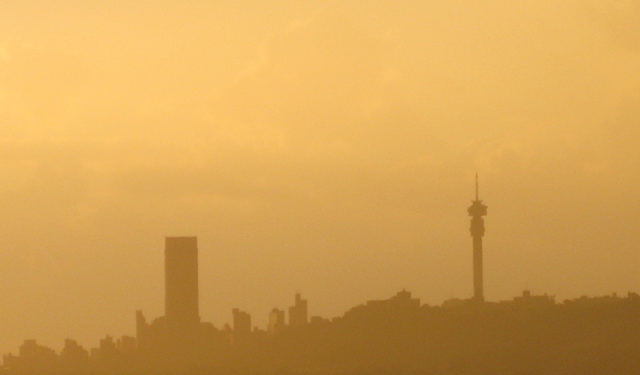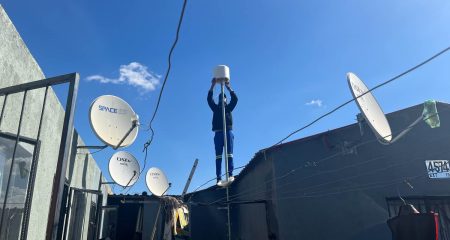
The City of Johannesburg is calling on software developers to help improve processes of allocating and maintaining street addresses in rural and informal settlements.
The “GeoJozi Challenge” encourages developers with an interest in apps, maps and urban development to come up with innovative solutions to help citizens understand the significance of street addresses.
This year’s initiative marks the first of its kind and is being run by the city in partnership with Wits University’s Joburg Centre for Software Engineering (JCSE) and map software company Esri South Africa.
Barry Dwolatzky, director of the JCSE, said that as the world became more digital, more real-time data about cities was becoming available.
“This data can help to manage cities better and make them smarter. A street address informs us of location, and that is where geographic information systems (GIS) come in. It’s all about a specific position or the coordinates on Earth,” he said.
Esri South Africa will be providing the location platform on which the GeoJozi contestants will develop their solutions.
MD of the company Patrick McKivergan said: “The platform will consist of toolkits for the development and data on which the contestants can base their solutions for the street addresses and location issues. We are right behind the city’s efforts to create location awareness.”
Marcelle Hattingh, director of corporate geo-informatics for the City of Johannesburg said that street addresses were essential for electricity, water, refuse, sewage, emergency services and other critical services and functions.
“Street addresses need to be accurate and available for a city to work smartly for all. When street addresses are not accurate or not available, serious challenges occur. Furthermore, each type of building or structure introduces its own set of different challenges,” Hattingh said.
Organisers of the challenge are urging those involved to be a catalyst in making the city and residents smarter. The winning solution will earn its creator R150 000. Second and third places are worth R100 000 and R50 000 respectively. The winning ideas may also be implemented by the City of Johannesburg.
Last year, the United Nations estimated that 71,3% of South Africa’s population will live in urban areas by 2030, and nearly 80% by 2050.
“This puts the need for innovative street address and location solutions into the spotlight,” said Hattingh.
Developers need to register on www.geojozi.joburg by 31 August and judges will make a final decision by 16 November.



